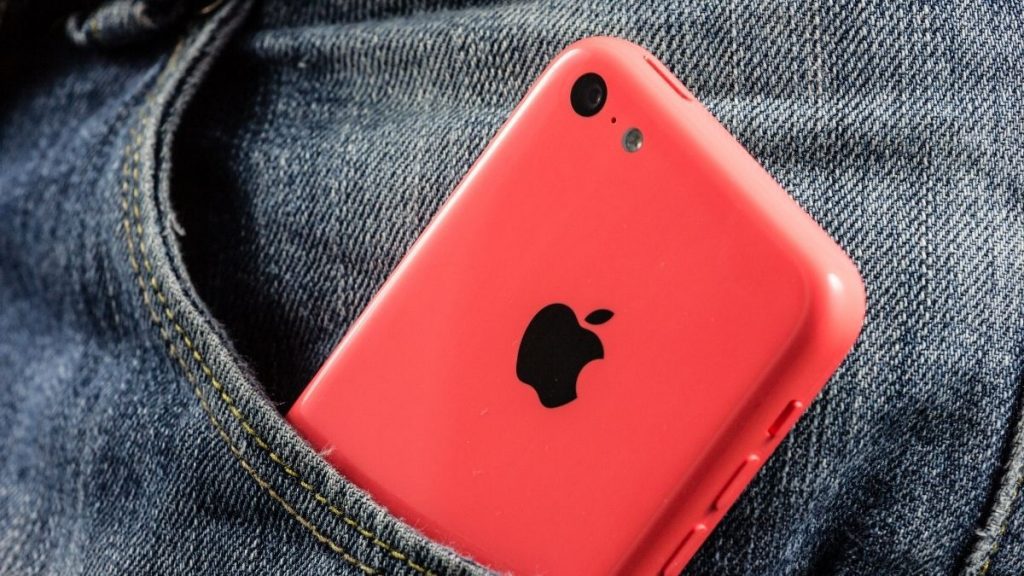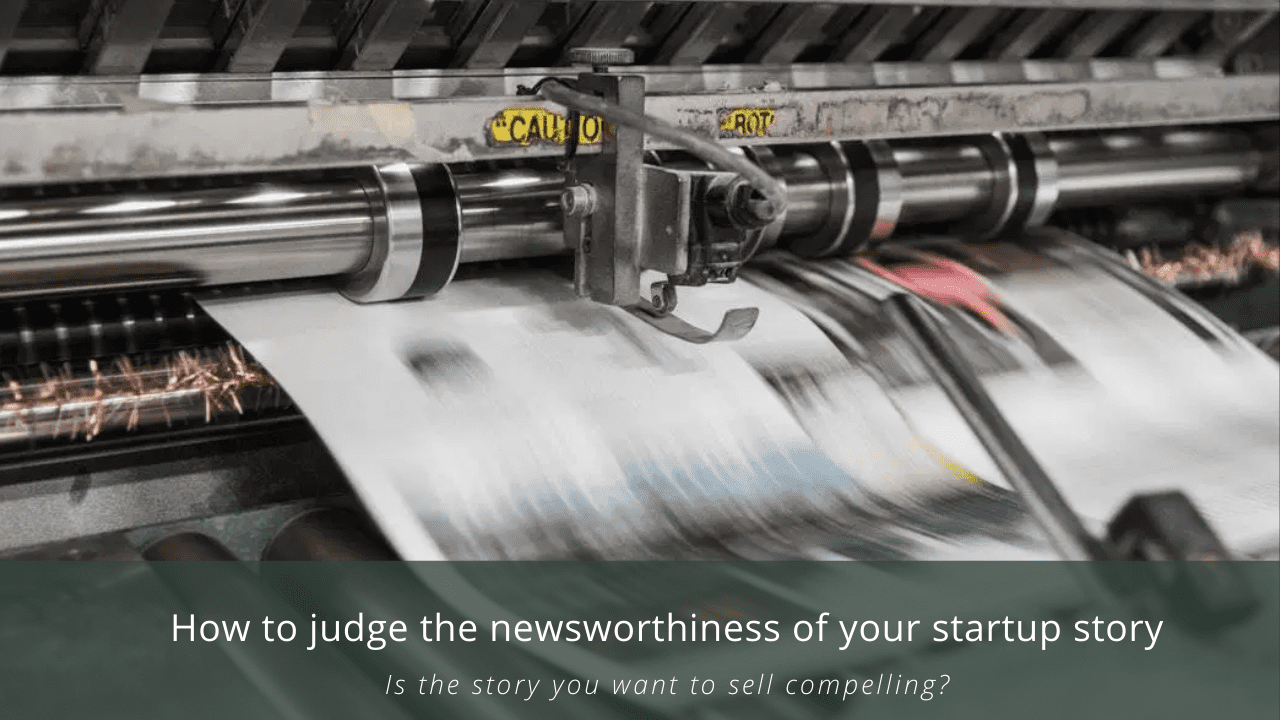Public relations (better known as PR) is often mistakenly seen as talking a lot and making friends with journalists so you can get your client into the news. First of all, this isn’t PR. Secondly, getting coverage is barely 10% of what PR people really do. There is honestly so much more to PR than meets the eye.
The way we define PR at SYNC is a business tool to help generate businesses build their brand or startup story and help achieve their overall business goals. This is a little different from the standard agency mantra, but it is the future of the industry to us.
What this means after we break it down is simple. PR helps your business do the following:
- Generate business through inbound lead generation
- Improves brand awareness to increase your customer base
- Help startups raise investment
It is also important to remember that the story that you want the media to cover should be interesting to your target audience. You’re not pitching a startup story to the journalist per se, you’re pitching it to their readers and that’s why they want to write a story about you, your service and your brand.
In this article, we’ll break down how to judge if your startup story that you want to sell is actually compelling and newsworthy.
Is it a good news story for everyone or just you?
“Hey guys, we just passed a thousand downloads and three reviews on the app store. Someone just emailed me to tell me how much they liked our product. This is an amazing story.”
Every single PR person has heard a version of this to some extent, which makes them extremely stressed out. How do you tell your potential client that their story is the least interesting piece of news you’ve ever heard.
Because it means a lot to you, and it should, doesn’t mean that other people will see it the same way. They haven’t been through what you have, so, therefore, the impact of your story isn’t the same.
Ask friends or even acquaintances to tell you if they think it is an interesting story they would love to read if they didn’t know you. This isn’t a scientific method by any means but will give you a third party perspective and a dose of reality.
Do people know who you or your brand are?
Something we often faced in our line of work is an entrepreneur coming to us with an interesting startup story, but having a completely unrealistic expectation about the type of news story they could achieve. Having a great product or service that is doing really well and creating a real impact is a story, but is it really front-page news of a major national daily or the top story on your evening news?
First of all, is your brand recognisable by the majority of people? Do you run Apple, Grab or Alibaba? If the answer is ‘No’, then there’s a chance that you will have to gain a reputation before you can reasonably expect to become regularly featured in the news.

Not all media will want to cover your startup story
Know your lane is something we were always told when we tried to reach too far. At least when I was a child and overstepped my boundaries at school or at home.
The same lessons apply to some extent when it comes to a good news story. From a small fundraise to a new market expansion, these are newsworthy stories, just not to every media out there.
Small fundraises are rarely covered by media like TechCrunch, but a local technology publication or smaller startup publication might be interested to showcase the success of the brand. Knowing how far your startup story can go will help you save time and resources to be able to maximise the outcome of your PR outreach without wasting time trying to get on the front page of WSJ.
Ok, small confession here… We always overreach slightly, because you never know when something might hit, so maybe overstep a little bit, but within reason.
What should you do when you got a big story?


Right, does your startup story fit the criteria for a great news story? Is it relevant to your target audience? Is it a significant event that will grab attention and make people want to read the story?
If the answers to the question are ‘Yes’, then let’s get started quickly.
You need to take advantage of this and make sure you milk every last drop of effective media coverage out of the story, so don’t be too hasty when making the decision. If it isn’t too time-sensitive, take a little time to write a proper press release. Build a proper media list of relevant journalists from publications that have good readership or viewership and is up to date.
Plan your strategy carefully, so you know when you should announce the news and try to pick a time that isn’t crowded with other major announcements. Avoid periods like major holiday seasons, government announcements and other news activities, which will steal some of your thunder.
These sorts of things don’t happen all the time, so make sure you get it right.
The article ‘How to judge the newsworthiness of your startup story’ was published in Tech Collective and has been edited slightly for SEO purposes for the SYNC blog.
Last updated November 2021.

